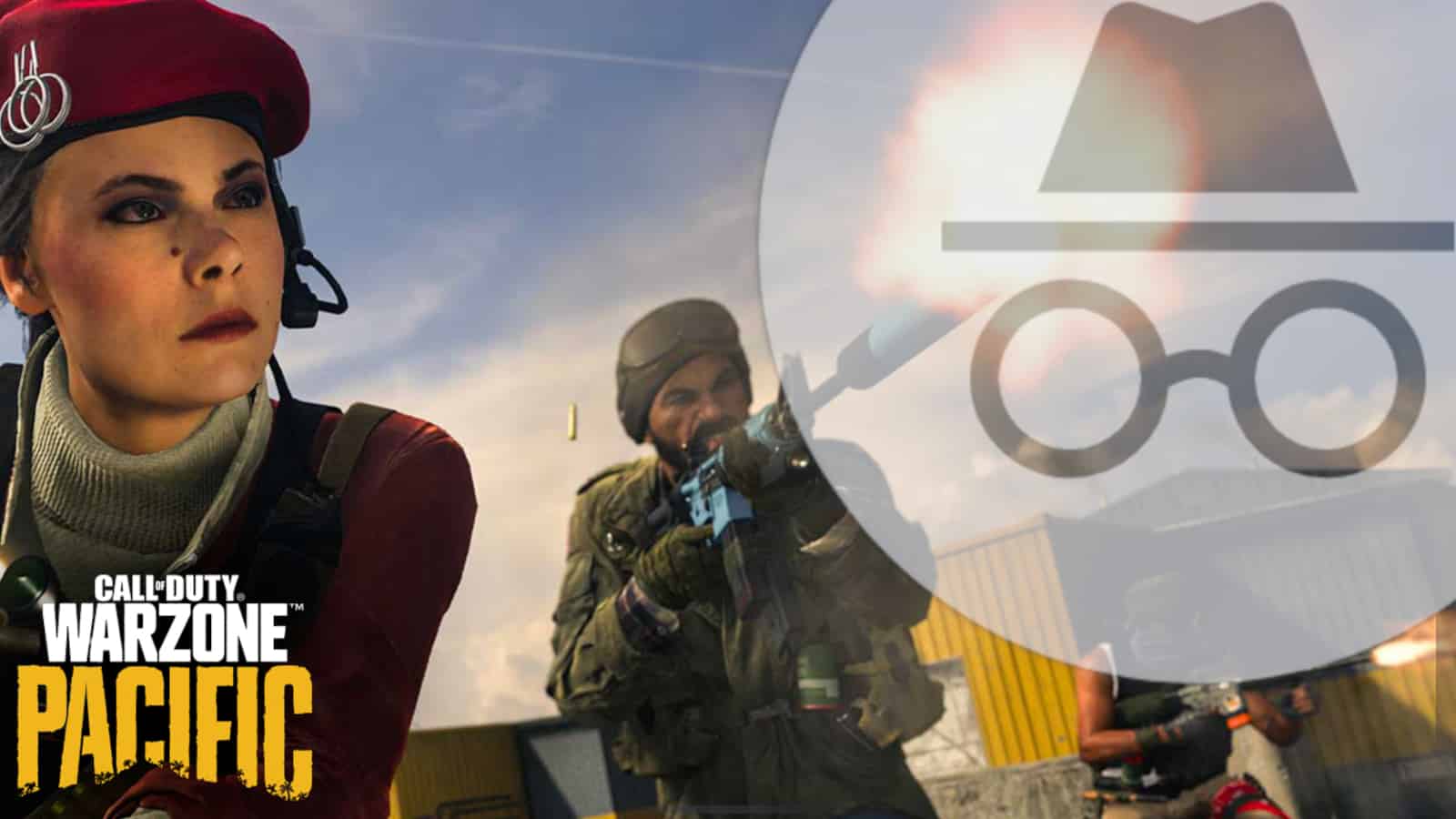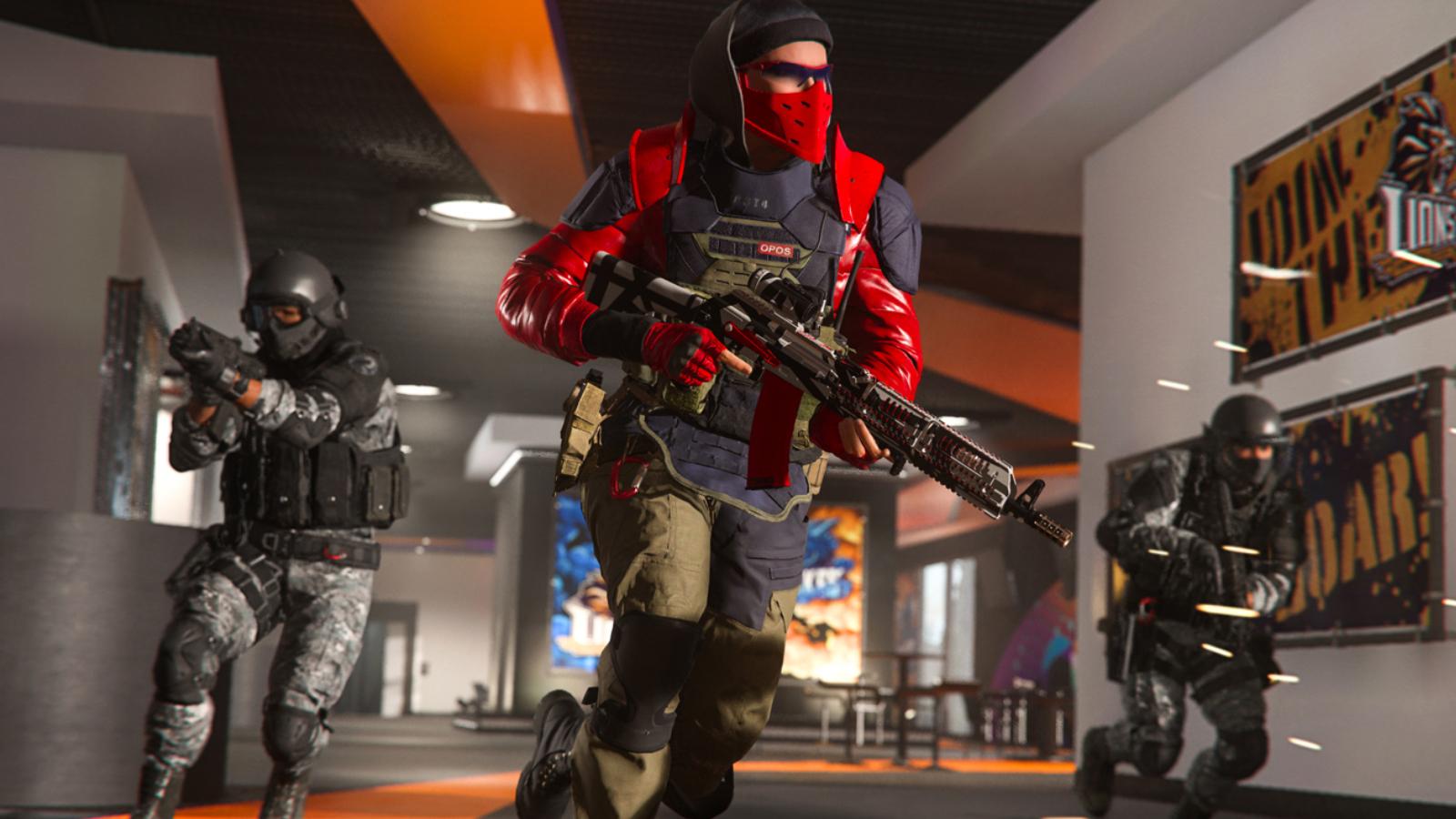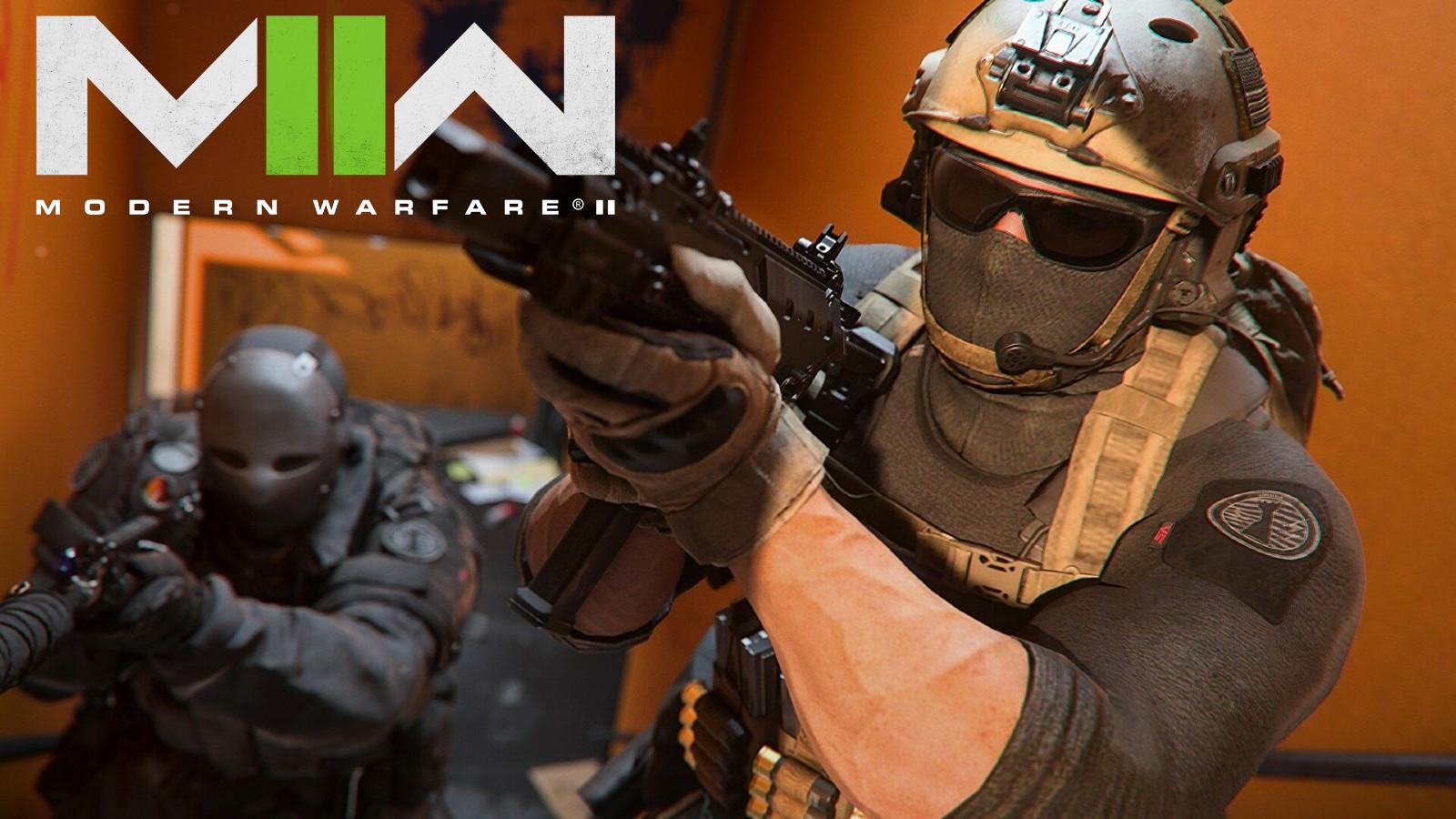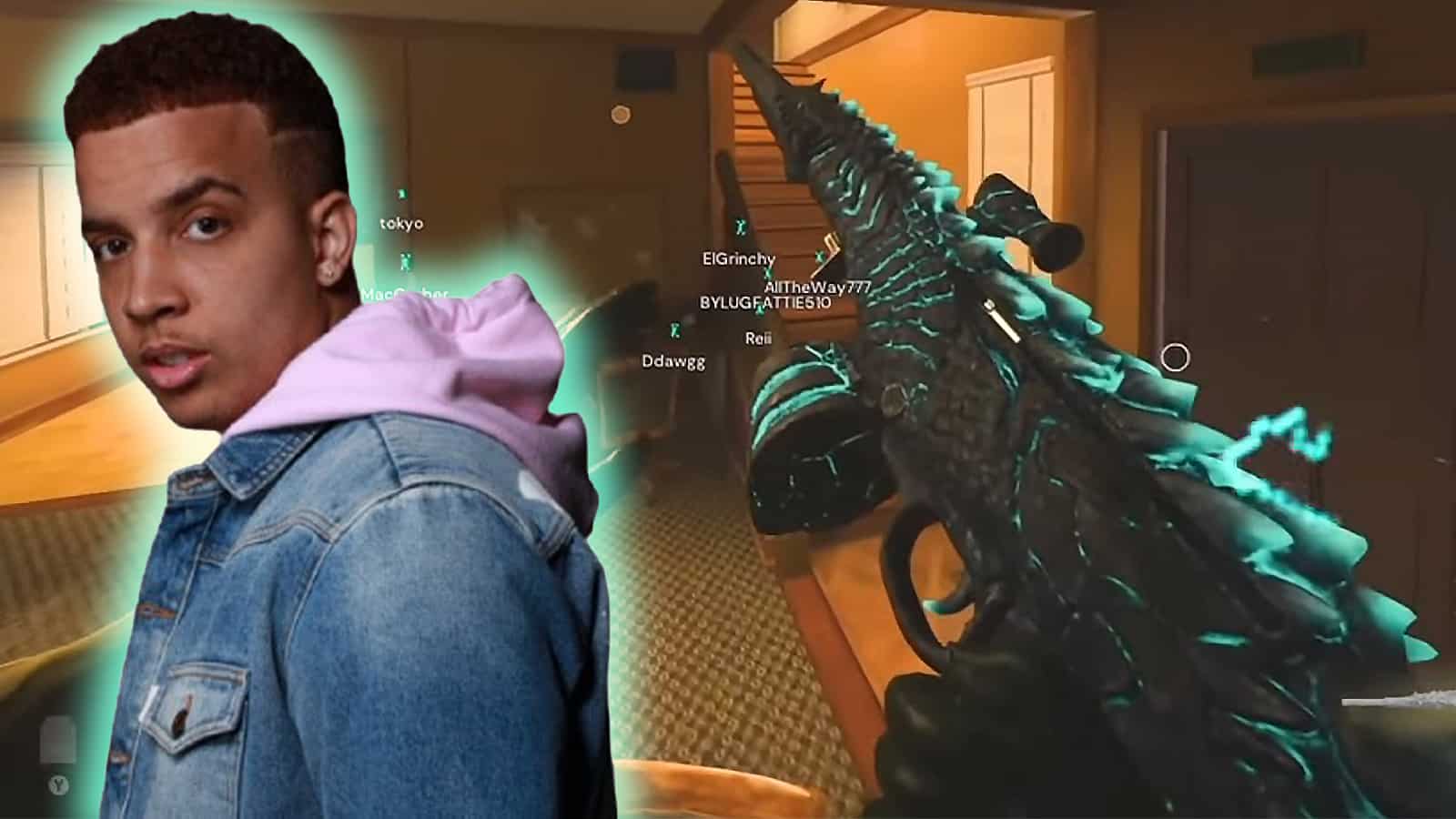Newest Warzone hack allows cheaters to play in incognito mode
 Activision / Google
Activision / GoogleA new Call of Duty: Warzone hack is making the rounds on social media. As players are shocked to find out, it seems that cheaters have effectively given themselves a “streamer mode” to hide and distort their names.
The most notorious Warzone hacks are gameplay-related. You’ve got the cheaters who pay to have aimbot, wall hacks, and even those who fly cars. Now, though, they’re taking things to the UI level as well.
In the past, Warzone streamers have begged for a streamer mode to help them avoid stream snipers. Such a system would alter a player’s name in-game so that it wasn’t as easy to recognize them and then load up their livestream.
Unfortunately, while the devs have yet to heed those wishes, hackers seem to have taken the concept and run with it. In a new cheat, they’re able to make their gamer tags invisible – across the kill cam and kill feed.
Warzone hackers now able to play with their own “streamer mode”
Hackers can HIDE THEIR NAMES NOW? pic.twitter.com/amEMLyhPWK
— DooM KingProdigy (@KingProdigyTV) February 2, 2022
As you can see in the pictures from ‘DooM KingProdigy,’ the cheaters literally have no gamer tags visible when you spectate them. Further, when they kill you, the kill feed makes it look like you killed yourself.
Absolutely stunned by this development, which is likely to make it harder to find and report hackers after the game, Prodigy captioned his tweet “hackers can HIDE THEIR NAMES NOW?”
In the replies, people corroborated the new cheat and someone showed that the incognito mode tags aren’t even the only UI tweaks around.
This is a nice feature, right? @RavenSoftware @ModernWarzone @TheGhostOfHope pic.twitter.com/GmAzfuy8qe
— Pablito Mena (@pablomenaaa) February 3, 2022
As ‘Pablito Mena’ showed in another tweet, hackers are also apparently able to give their gamer tags the .gif treatment. Like a fun, sparkly blogger – it seems that they can have their tag change colors and sizes.
While this .gif tag is simply cosmetic, the incognito one is a bit concerning since it might make it more difficult to find the hacker and report them after a match.



